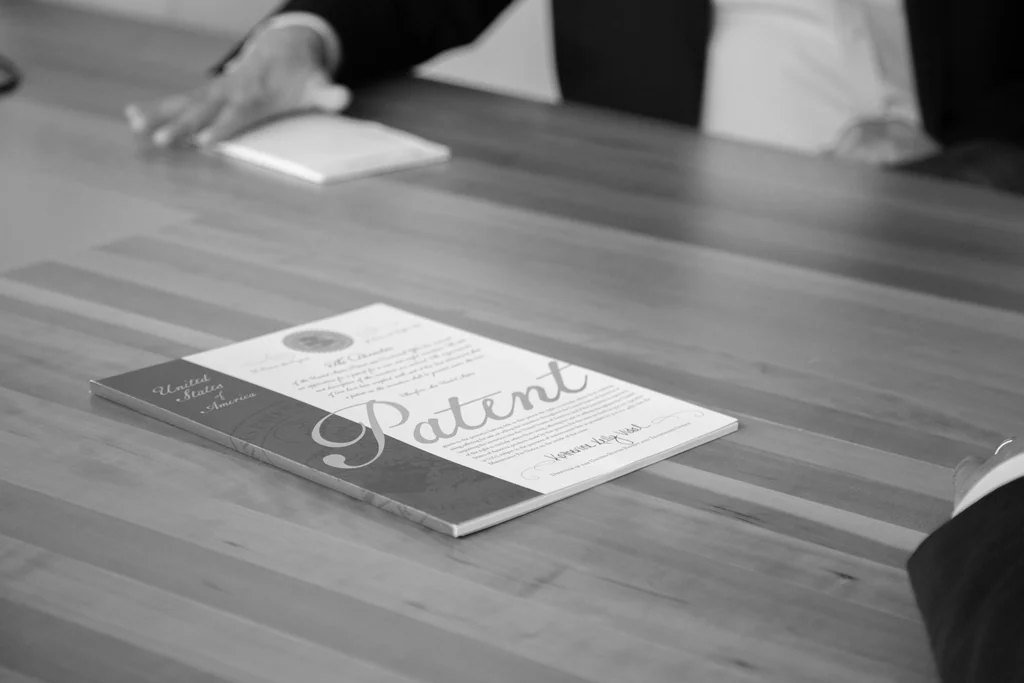The U.S. Supreme Court has unanimously defeated an attempt to limit the on-sale bar in cases where an invention was sold under a confidentiality agreement. The secrecy about the details might keep the sale from public knowledge, but it can still block a patent under the America Invents Act (AIA).
Antinausea drug comes with gag rule
Helsinn Healthcare makes a treatment for chemotherapy-induced nausea and vomiting. In 2001, while developing the product, the company entered into two agreements allowing a Minnesota company to sell a 0.25 mg dose of the chemical used in the treatment in the United States. The agreements required the company to keep any proprietary information received confidential.

In 2003, Helsinn filed a provisional patent application for a 0.25 mg dose of the chemical. Ten years later, it filed a patent application for a fixed dose of 0.25 mg of the chemical in a 5 ml solution, with priority dating back to the 2003 patent.
The next year, it sued Teva for infringing that patent. Teva argued the patent was invalid under the AIA’s on-sale provision. This precludes a person from obtaining a patent on an invention that was “in public use, on sale, or otherwise available to the public before the invention’s effective filing date.”
The trial court found the bar didn’t apply, but the U.S. Court of Appeals for the Federal Circuit reversed. The case then went to the Supreme Court.
A sale is a sale
The trial court reasoned that an invention isn’t “on sale” unless the sale makes it available to the public. Because the public disclosure of the agreements between Helsinn and the Minnesota company didn’t disclose the 0.25 mg dose, the court found, the invention wasn’t on sale before the critical date of January 30, 2002.
The Supreme Court, however, agreed with the appeals court that it didn’t matter whether the invention’s details were publicly disclosed, because the sale was publicly disclosed. Pre-AIA interpretations of the on-sale bar found that “secret sales” could invalidate a patent. Thus, when Congress included essentially the same on-sale language in the AIA, it likewise adopted the judicial interpretations of that language.
Language doesn’t limit
Inventors who haven’t yet been granted a patent shouldn’t disclose any type of sales activities, even if the other parties to the deal sign confidentiality agreements and the details aren’t revealed. Disclosing a sale to the public in just a broad, undetailed way could trigger the on-sale bar to patentability. •
Helsinn Healthcare S.A. v. Teva Pharmaceuticals USA, Inc., No. 17-1229, Jan. 22, 2019, U.S. Sup. Ct.

